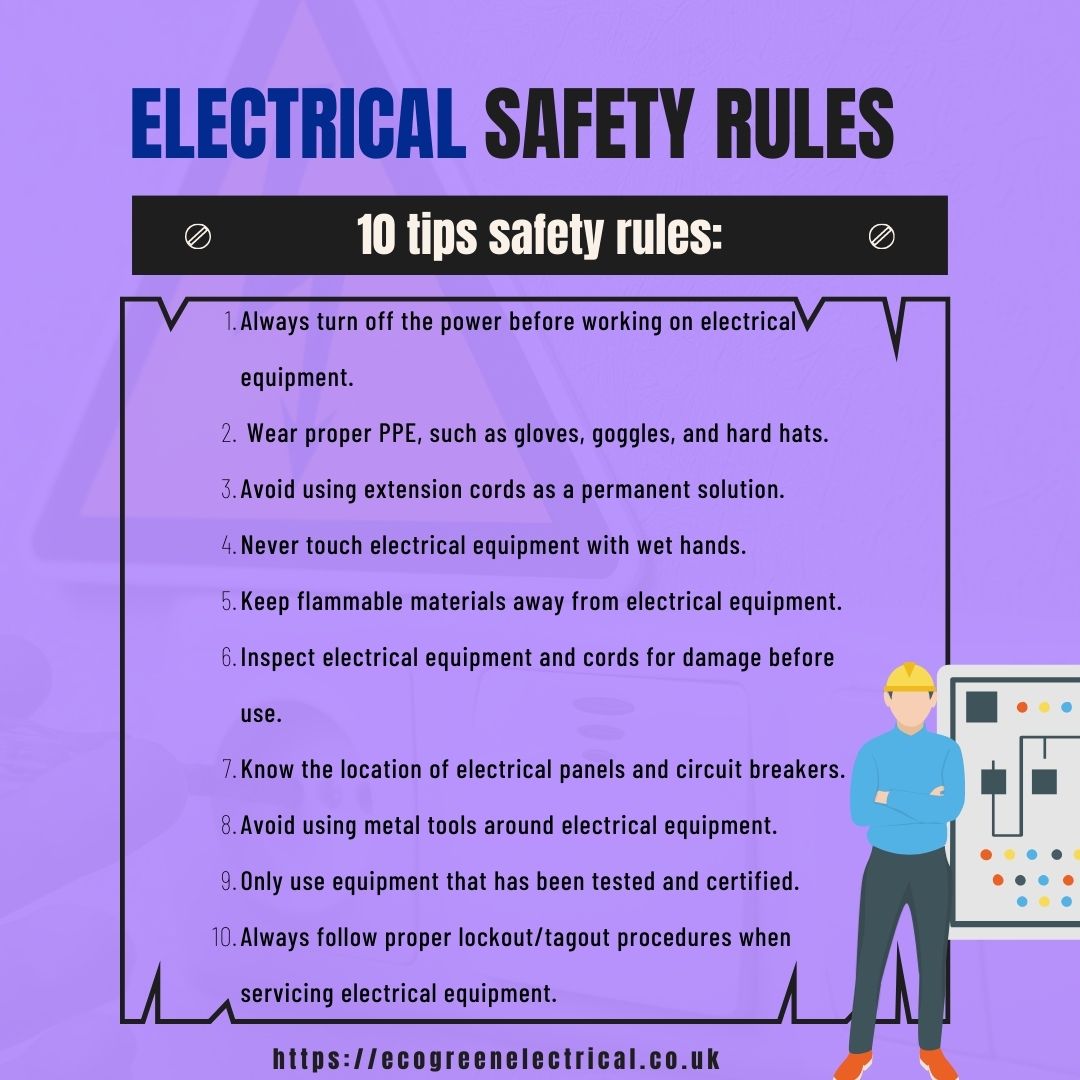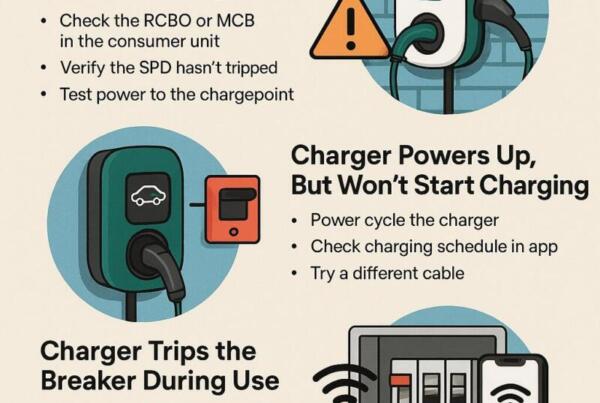The Importance of Electrical Safety
Electricity is essential to the functioning of an industrial building, powering machines, tools, and systems. However, it is also a potential hazard, and ensuring the safety of workers who handle electricity is paramount. To this end, staying up to date with the latest electrical safety equipment and practices is crucial. Neglecting safety measures can lead to accidents, injuries, or even fatalities, but proper precautions can minimize these risks. In this article, we will explore some of the best practices and equipment for electrical safety in industrial settings, helping you to create a safe and secure workplace for your employees.
Electrical Safety Training: A Must-Have for Your Workers
Knowledge is power, and that’s especially true when it comes to electrical safety. Your workers need to be equipped with the right tools and techniques to make smart decisions when handling electricity. Proper training not only helps prevent accidents but also protects your business from costly incident-related expenses. As an employer, it is your responsibility to provide your workers with electrical safety training to ensure a safer workplace for everyone.
Key Electrical Safety Tips for Industrial Work:
Here are some essential electrical safety tips to keep in mind for industrial work:
1) Exercise Caution: Always approach electrical gear with caution and assume that it’s live and energized. Be alert and act accordingly.
2) Check for Electrical Current: Before touching a wire or metal surface, use a multimeter to check for electrical current. It could save your life.
3) Secure Electrical Cords: Tape extension cords around the work area to the floor or wall, as hanging cords can be hazardous, and loosely laid cords can cause tripping.
4) Be Mindful of Conductive Materials: Stay aware of materials that are conductive and avoid using them around high-voltage equipment.
5) Inspect Cords and Electrical Connections: Regularly check cords and electrical connections for signs of wear and damage. Replace damaged components immediately.
6) Wear Personal Protective Equipment (PPE): Wearing PPE like safety glasses, insulated gloves, and hard hats can provide a layer of protection when using electrical equipment.
Emergency Procedures:
In the event of an electrical emergency, every second counts. That’s why having a well-thought-out emergency procedure is essential for industrial workplaces. From power outages to electrical fires, being prepared can make all the difference. Make sure your employees know what to do in the event of an emergency, including steps for shutting off the power supply, evacuating the area, and providing first aid if necessary. Remember, safety is everyone’s responsibility. Moreover, taking proactive measures can help protect your workers and prevent costly incidents. So, take the time to review and update your emergency procedures regularly.
Final Thoughts:
To conclude, electrical safety is a critical component of industrial workplaces. Mishandling electricity can cause serious injury or even worse, death. As an employer, it’s your responsibility to ensure that your workers are equipped with the necessary knowledge and tools to keep them safe on the job. You can minimize the risks associated with electricity by providing regular safety training, conducting risk assessments, having emergency procedures in place, and encouraging a safety-first mindset. Thus, Safety should never be an afterthought – it should be the top priority. By prioritizing safety, you can create a safer and more productive workplace for everyone. So, stay informed, stay prepared, and stay safe!











